Description
Balaguluchyadi Kera Thailam is a traditional formula indicated for ‘Moordhataila’ application as well as ‘Abhyanga’ (body massage). Aggravated Pitta manifests as inflammatory changes in the body. Regular application of this coconut oil based formula balances the tridoshas in the system and pacifies aggravated ‘Pitta’ dosha in the body.
‘Moordhataila’, the application of oil on the head is a practice endorsed by Ayurveda scriptures. The head is the most significant part of the body. It encompasses eight vital opening – the eyes, ears, nose and mouth and one significant but subtle access point to the well-being of the body – the crown of the head. Application of oil on the head, while imparting obvious and sustained health to your tresses, at a more subtle level, it works effortlessly towards the well-being of your entire body.
Features and benefits of Balaguluchyadi Kera Thailam –
- Coconut oil infused with herbal drugs that are anti-inflammatory, nourishing, supporting nervine strength and mentally calming. Balaguluchyadi Kera Thailam balances the three doshas in synergy.
- Guduchi, Manjishta and Yashtimadhu pacify Pitta in the system. Regular application of Balaguluchyadi Kera Thailam soothes all inflammatory changes in the body. Relieves pain and burning sensation in the body.
- Rasna, Devadaru, Agaru, and Bala pacify Vata in the system. Balaguluchyadi Kera Thailam improves nerve function and mobility, relieves pain, swelling and rigidity associated with rheumatism, gout and degenerative diseases.
- Sarala, Devadaru and Sallaki effectively pacify Kapha dosha. It clears circulatory channels and metabolic pathways.
- Aswagandha, Tagara and Jatamansi modulate brain function. Balaguluchyadi Kera Thailam calms the mind and relaxes the body.
- The nourishing base of coconut oil fortified with coconut milk promotes healthy hair and scalp.
Quantity sufficient based on area of application.
Advised for Moordhataila (application to head) as well as Abhyanga (body massage).
BALA (Sida cordifolia Linn)
Country mallow, also referred to by its scientific name Sida cordifolia Linn.The Ayurvedic system of medicine considers Bala or Sida cordifolia as a tonic, astringent, emollient, and aphrodisiac. The drug also forms a chief ingredient of several important formulations and preparations in Ayurveda. Internally, Bala is believed to be a very effective nervine tonic and rasayana for all kinds of Vata disorders.
GULUCHI (Tinospora cordifolia)
It is a well-recognized and widely distributed traditional plant that is used successfully in Indian Ayurveda medicine. Guduchi helps increase the effectiveness of protective white blood cells which fight infection. The herb also augments immune responses to infections by influencing various immune effector cells and ensures early recovery. Its effective in Infections in the respiratory system, skin, and soft tissues, infected wounds, especially in diabetic conditions and immune compromised conditions.
DEVADARU (Cedrus deodara)
Also known as Cedrus deodara or Himalayan Cedar, it is very effective in neurological disorders, asthma, pruritus, infested wound. Devadaru is also effective in arthritis and headache. Deodar oil contains two major sesquiterpenoids a – and ß- himachalenes. Deodardione (1) and deodardione (2) are also isolated from the essential oil. The oil shows invitro antibacterial, antifungal and anti-inflammatory activity.
JATAMANSI (Nardostacys jatamansi)
Jatamansi also known as Nardostacys jatamansi. It has a very good antioxidant and antiinflammatory property that helps to reduce premature hair graying and hair growth. The therapeutic benefits of Musk Root have been documented in various Ayurvedic texts. The herb is recommended for combating stress and insomnia. It is also known to enhance memory and treat mental instability. Cardiotonic properties have also been attributed to Musk Root.
CHANDANA (Sanctalum album)
The addition of sandalwood or Chandan nourishes the skin by reducing pimples, acne marks, blemishes, suntan, dullness and excess oil from the skin. This potent herb pacifies Pitta doshas, cleanses the skin, reduces inflammation and effectively treats conditions like diarrhea and piles
.
SHALLAKI (Boswellia serrata)
The herb’s gum-resin has significant anti-inflammatory properties. The gum-resin is used in treating osteoarthritis, juvenile rheumatoid arthritis, soft tissue fibrositis and spondylitis. The essential oil derived from the gum resin has antifungal properties..Because of its anti-inflammatory properties, Boswellia reduces joint swelling, pain, stiffness and other symptoms of rheumatoid arthritis and osteoarthritis.The herb is helpful in treating respiratory disorders like bronchitis and asthma.
THAGARA (Valeriana wallichii)
Also called as Valeriana wallichii, it calms the mind by interfering with brain chemicals (GABA) that communicate information between the nerve cells in the brain. Induces good sleep and reduced stress. Indian Valerian is recommended for the treatment of insomnia. It stimulates the central nervous system, and reduces spasms and anxiety. Records have shown that the herb, which grows in abundance in the temperate Himalayan regions, has been medicinally used in the 16th century to treat trembling, delirium tremens, headaches and heart palpitations.
ASWAGANDHA (Withanya somnifera)
Ashwagandha is commonly used for stress. It is also used as an “adaptogen” for many other conditions, but there is no good scientific evidence to support these other uses. Ashwagandha contains chemicals that might help calm the brain, reduce swelling (inflammation), lower blood pressure, and alter the immune system. The root contains steroidal compounds which include the lactones Withaferin A and carbon-27-glycowithanolide, known collectively as the Withanolides. The Withanolides are responsible for the varied medicinal applications of the herb. Winter Cherry also contains a fair amount of alkaloids including tropine, pseudotropine, isopelletrine, anaferine and saponins, which impart medicinal properties to the herb.
RASNA (Alpinia Galanga)
Also known as Alpinia Galanga, it is an Ayurvedic Medicinal which is a rhizome grown in most of Southeast Asia and is used in cooking and home made remedies. Rasna plant is used in many Ayurvedic medicines in India, Tibet, Africa to help with inflammation, bronchitis, asthma, cough, indigestion, piles, joint pains,obesity, diabetes. The paste of the leaf is also applied externally to reduce swelling
KUSHTAM (Sausseria lappa)
Kushtam also called as Sausseria lappa is a well used drug in Ayurveda that has a good antiinflammatory property.


 Sign In
Sign In Cart
Cart 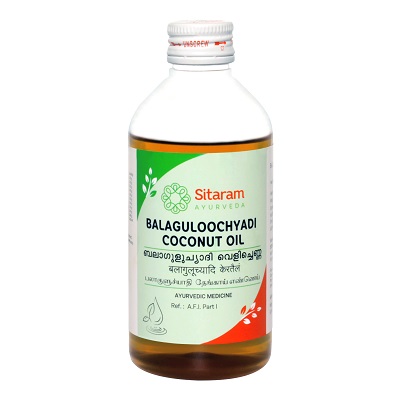
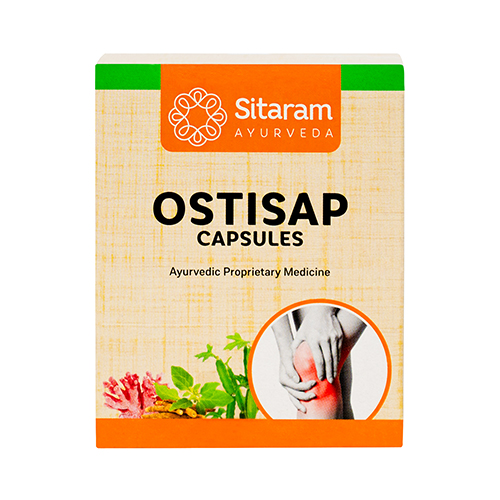
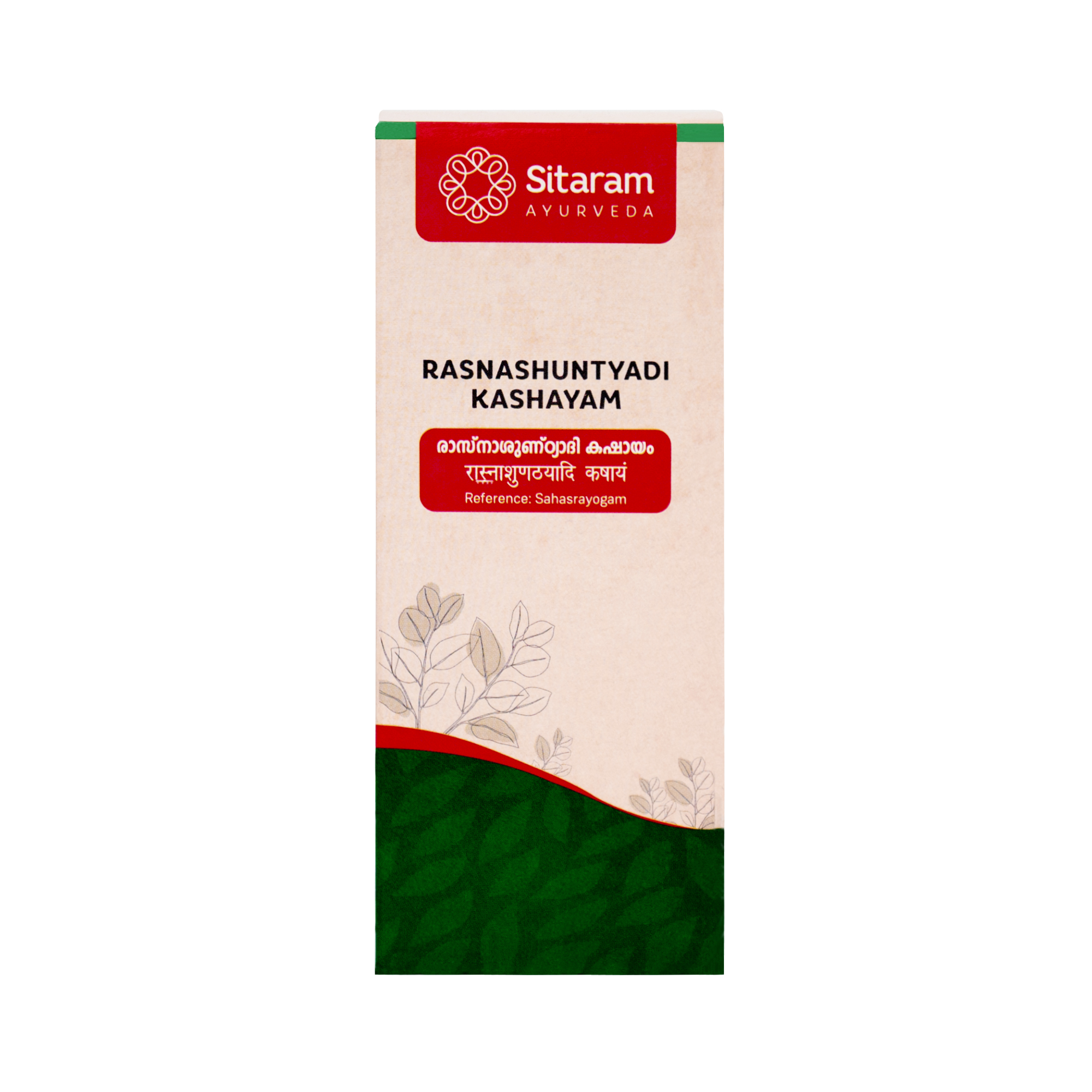
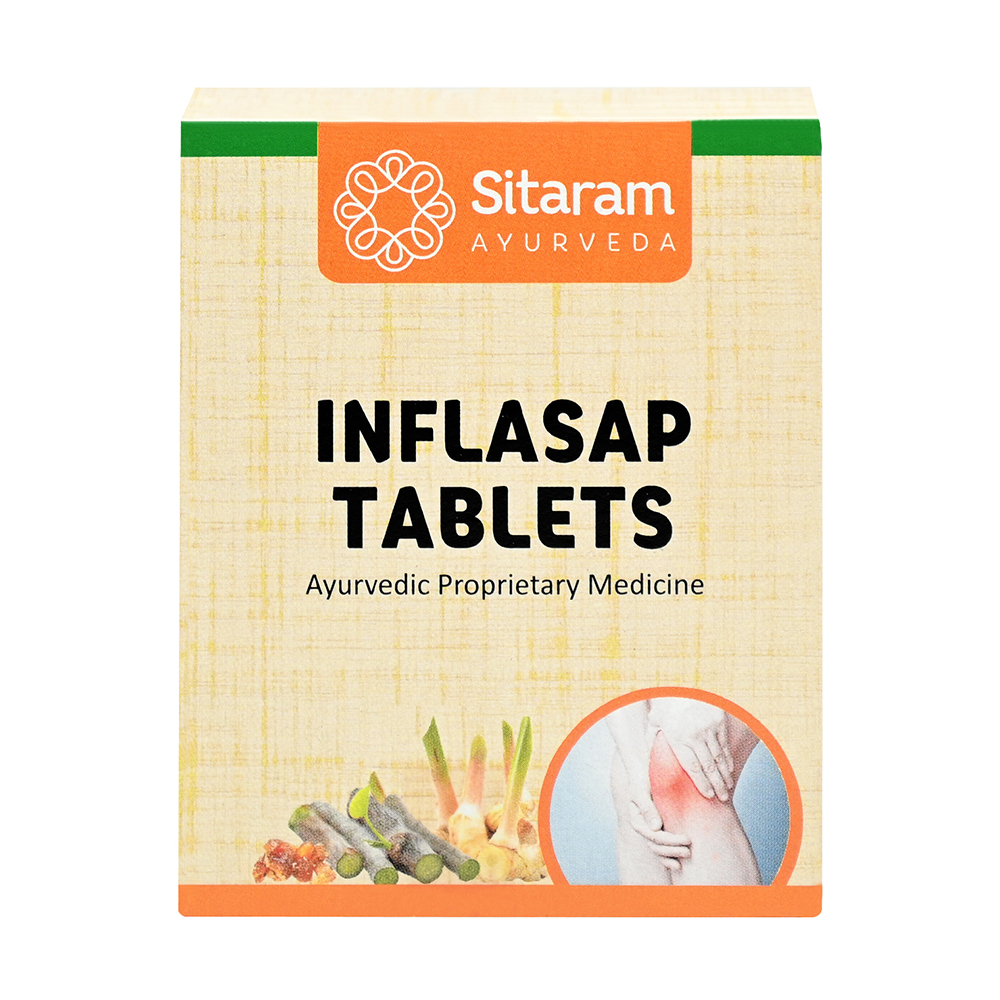
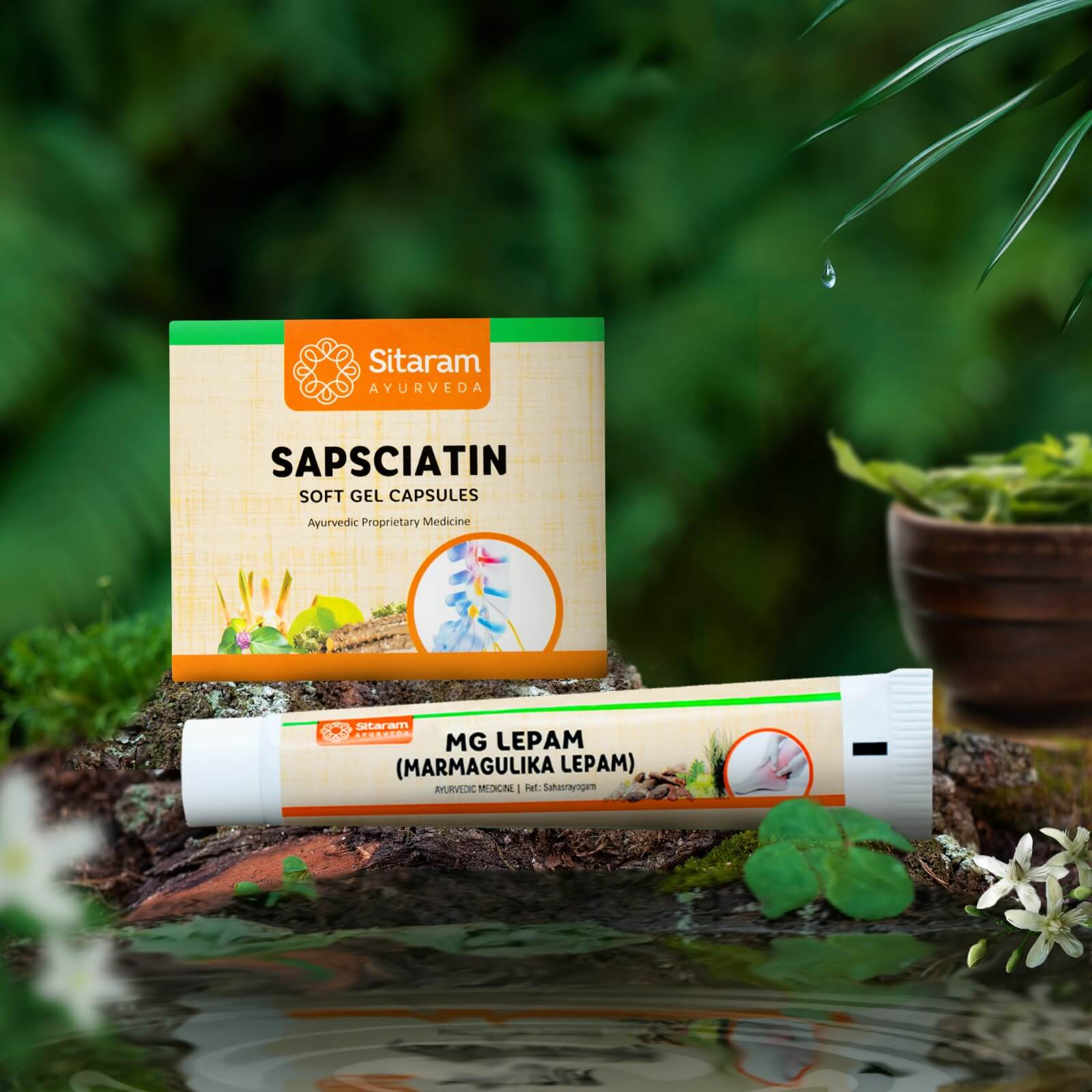
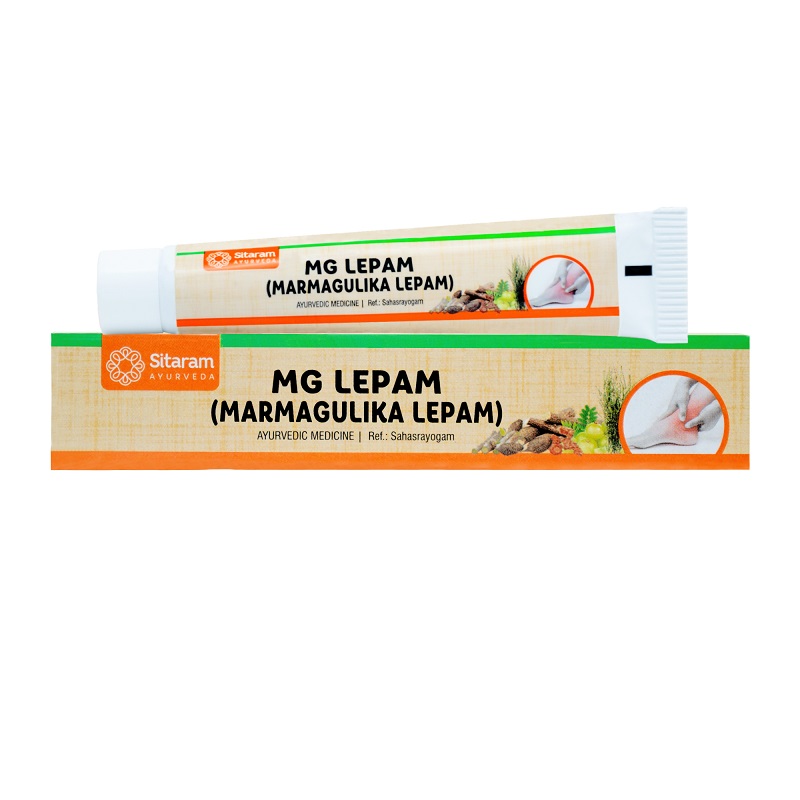
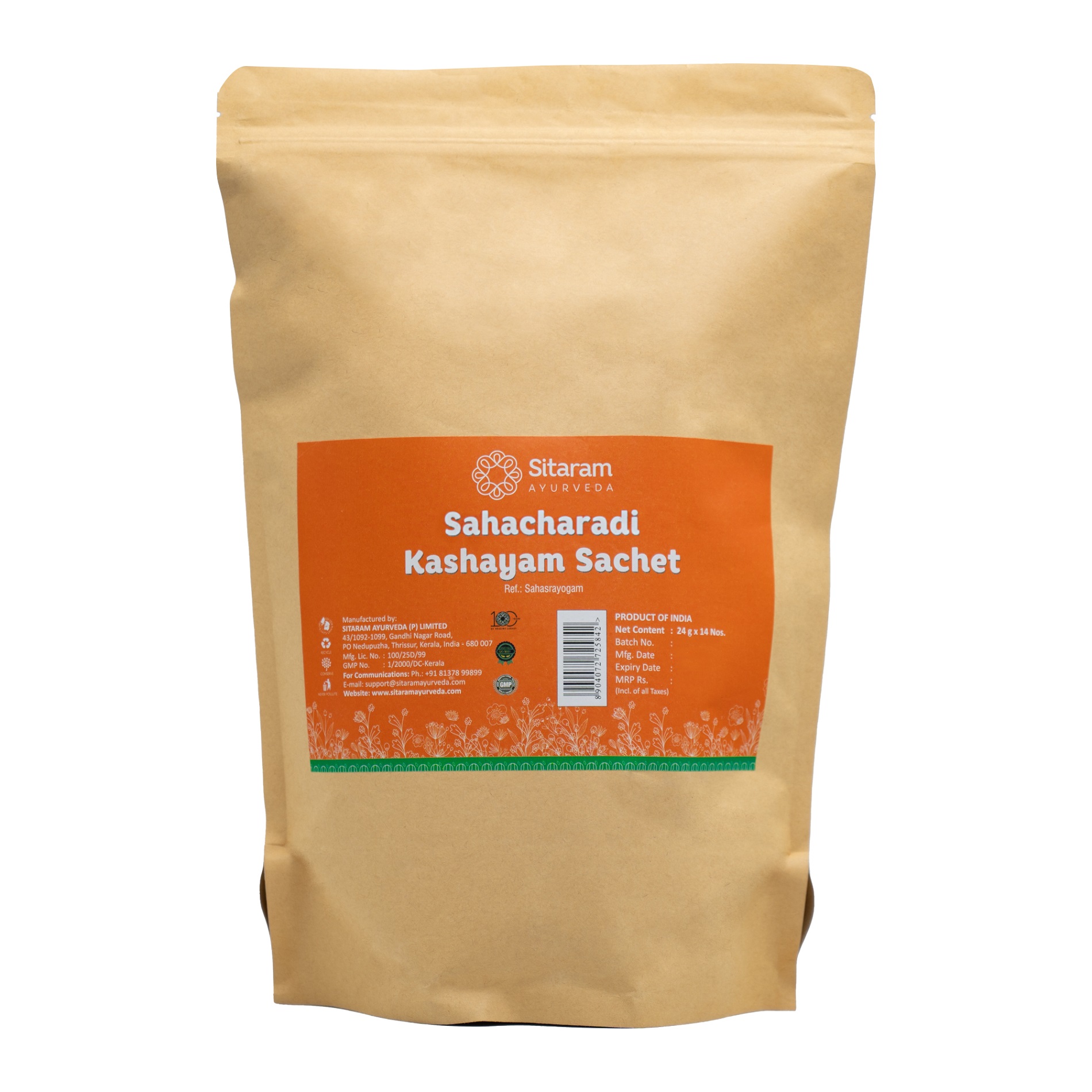
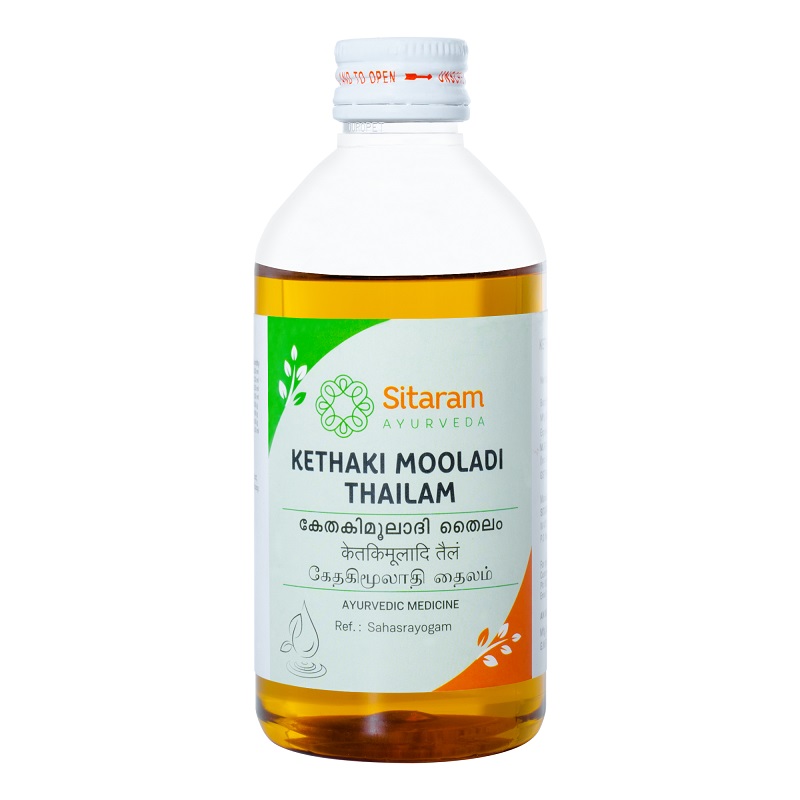
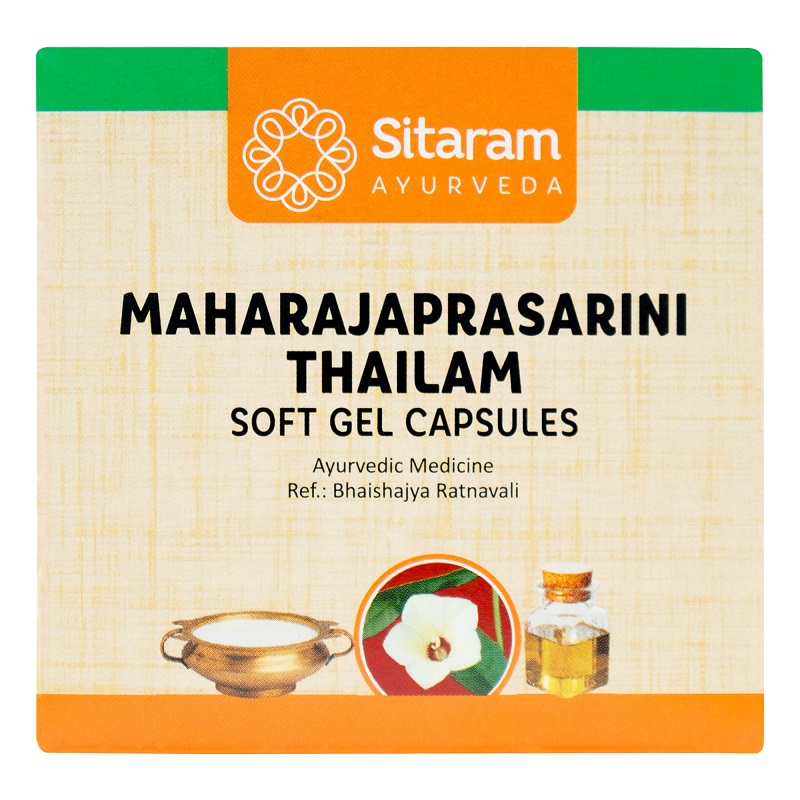
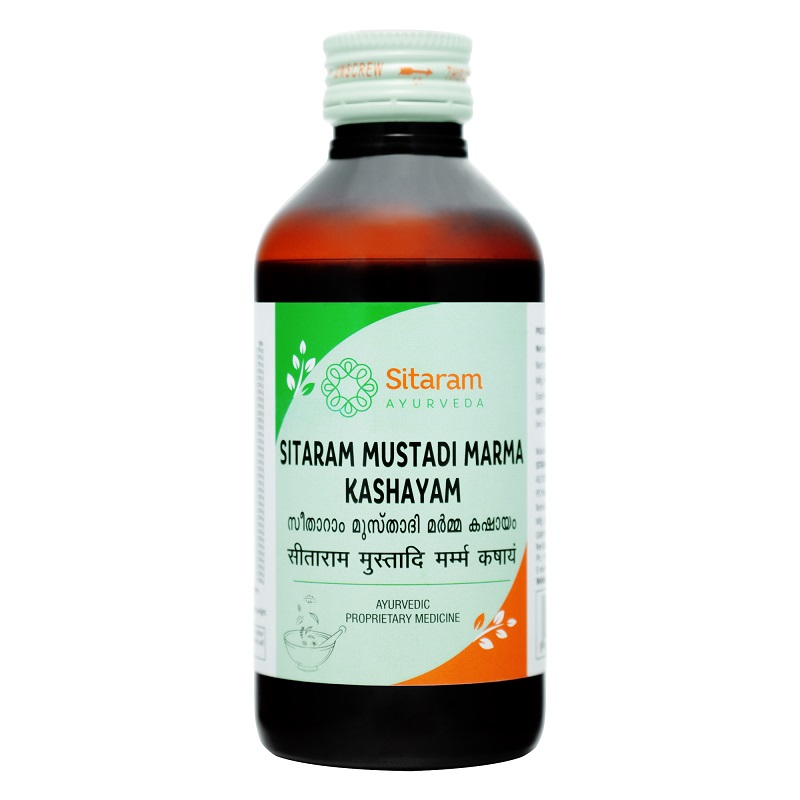
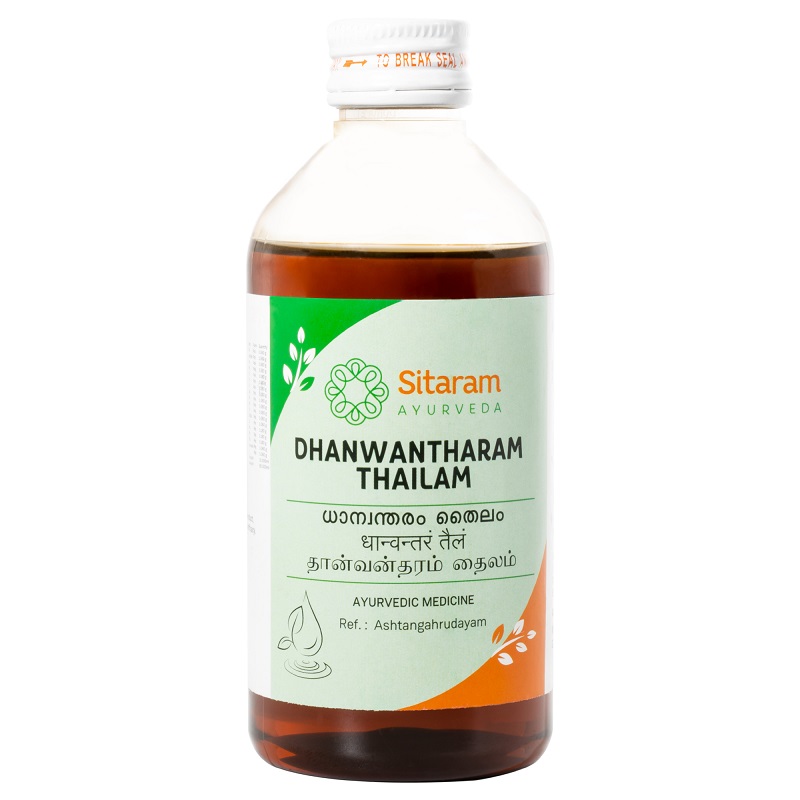
Reviews
There are no reviews yet.